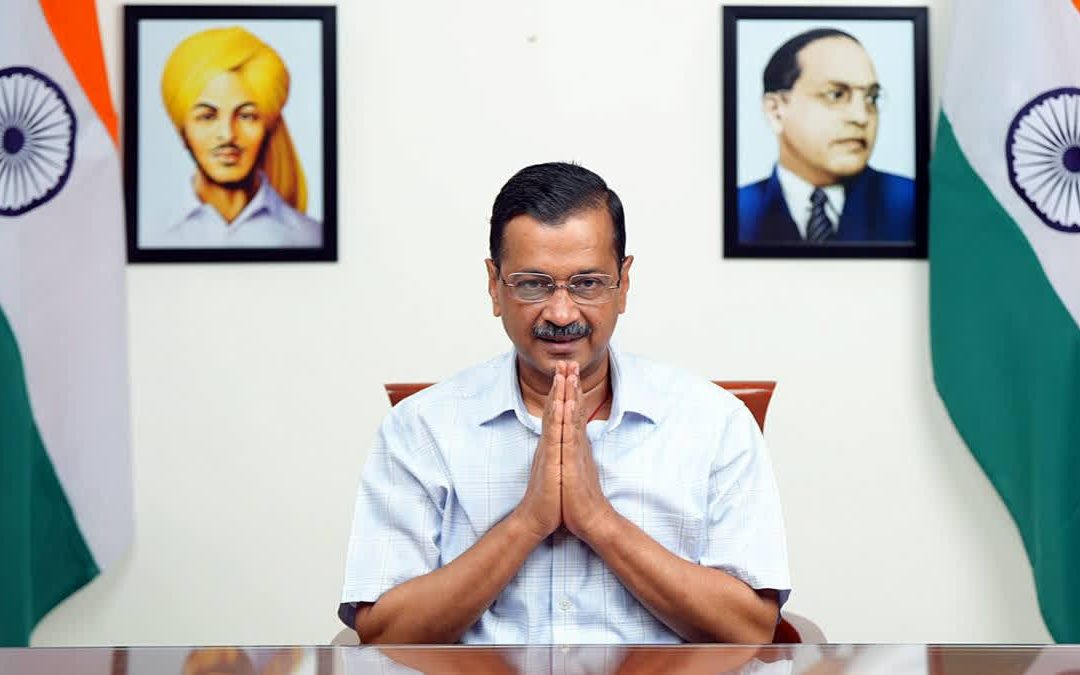Delhi’s Rouse Avenue court granted bail to Arvind Kejriwal on Thursday, following his March arrest by the Enforcement Directorate (ED). Today, the Delhi High Court will pronounce its verdict on the ED’s petition seeking to stay the trial court’s order granting regular bail to the Chief Minister in the excise policy case.
The ED moved the Delhi High Court the day after the Rouse Avenue court’s decision, requesting a stay on Kejriwal’s release. The High Court imposed an interim stay on his release until a decision is made on the ED’s plea. In response, Kejriwal petitioned the Supreme Court against the interim stay on Saturday. Had the court not paused the lower court’s order, Kejriwal would have been released from Tihar Jail on Friday.
The ED has argued that the trial court’s order was biased and flawed, claiming it was not given sufficient time to present its arguments. Kejriwal’s lawyer filed written submissions on Monday, countering that the ED’s claims are “palpably wrong, misleading, and tantamount to subterfuge and misrepresentation.”
“The repeated contention of the ED that it was not given a proper opportunity of hearing and/or all its contentions have not been dealt with warrant to be rejected at the outset. The order granting bail not only addresses all relevant contentions of both sides but also demonstrates a due and proper application of mind by the Learned Court on each aspect,” he stated.
The submissions further asserted that Kejriwal is gravely aggrieved by the interim stay, maintaining that the trial court’s order was well-reasoned and made after due consideration of arguments from both parties.
On Monday, Kejriwal’s lawyer argued before the Supreme Court that he could be released while the High Court decides on the ED’s plea, adding that Kejriwal is not a flight risk.
The Supreme Court has scheduled a hearing for Kejriwal’s plea on June 26, stating it would wait for the High Court’s order before proceeding. The court also noted that the interim stay by the Delhi High Court was unusual.






